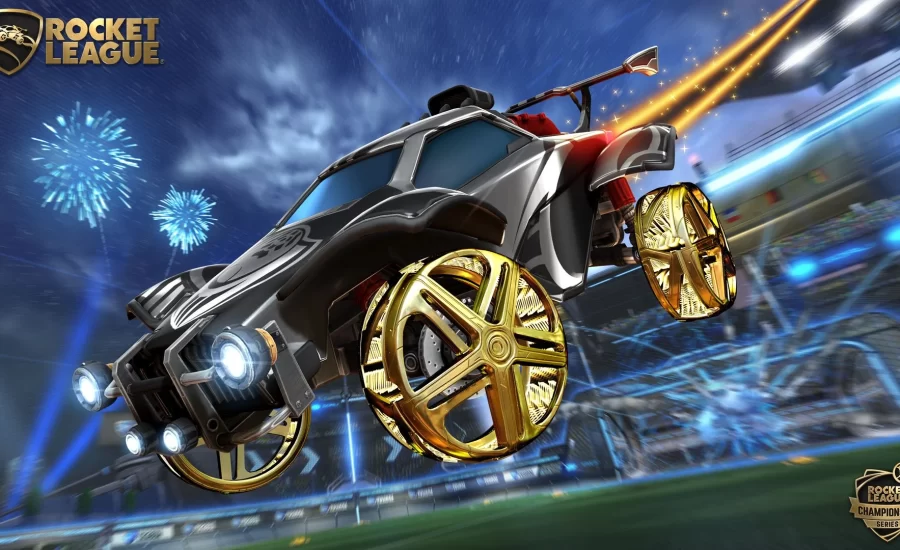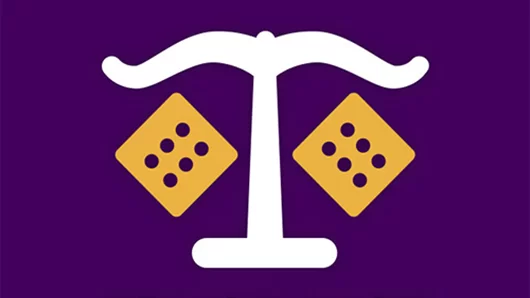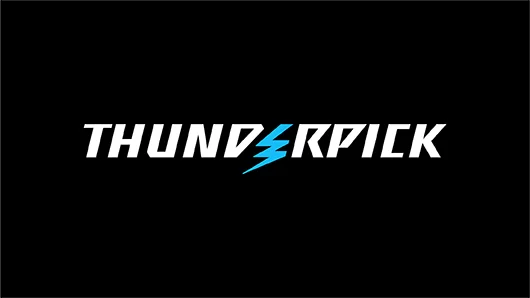Rocket League, also known as “soccer with cars,” is a fiercely competitive esport that team members from the University claim takes countless hours to perfect. It combines split-second judgment with deft mechanics and a genuine sense of teamwork among colleagues.
Rocket League Fundamentals – Coach Gundry
Players must grasp the mechanical and cerebral components of the game, according to Bryson Gundry, coach of the university's Call of Duty and Rocket League teams and an esports practitioner in residence in the Sport Management Department of the Pompea College of Business. He claims that Rocket League is a game that moves quickly. “Players need to have excellent awareness and communication to compete at the top since there isn't time to stop and think.
The players are grateful that the University's esports community is active, and their team benefits from the buzz when they train in “The Stable,” the Bergami Center for Science, Technology, and Innovation's 1,330-square-foot esports training and competition facility.
One of the university's six esports teams, along with Call of Duty, Valorant, Overwatch, Halo, and League of Legends. Each team has a combination of three varsity and three JV or academy players. The players and Coach Gundry agree that the teams support one another greatly and that the energy that develops during games and practice is contagious.
I quickly realized that it's a genuinely great opportunity to have these players be able to compete for the Institution of New Haven because I came from a university where the entire esports program was handled by students,” Professor Gundry says. In the vast esports industry, having complete support from the university directly is a significant plus. The games are quite entertaining to watch, just like regular sporting events.”
The Benefits For Students
This kind of relationship within the university's esports community, according to Professor Gundry, affects team success.
“I think that fosters a good environment and opens the door for many discussions and areas we can work on,” he says. “They are not only teammates, but also friends.” “No one is scared to share their own opinions and ideas when I bring up a suggestion or point out a gaming issue, and this results in an organic conversation that allows us to improve as rivals.”
All year long, esports teams compete. They completed completing rosters in the beginning of September. The three Rocket League players on the varsity team are Glenn Scott ('26), Matthew Windsor ('24), and Martinez.
The Conclusion
It is more than obvious that University of New Haven has great chemistry that will be a significant factor in all the matches next season.
The team's goals include going far in both the Collegiate Rocket League finals and the playoffs for their league. Only 16 collegiate teams, many of whom have professional athletes on their rosters, are allowed to compete in the national championships. Martinez nevertheless states, “This year, that's the goal.”
Leave a comment
You must be logged into post a comment.



































One Reply to “The University of New Hawen’s Rocket League Esports Team Set Eyes On Making a Big Playoffs Run”
Hi there, for all time i used to check web site posts here
in the early hours in the break of day, because i love to gain knowledge
of more and more.